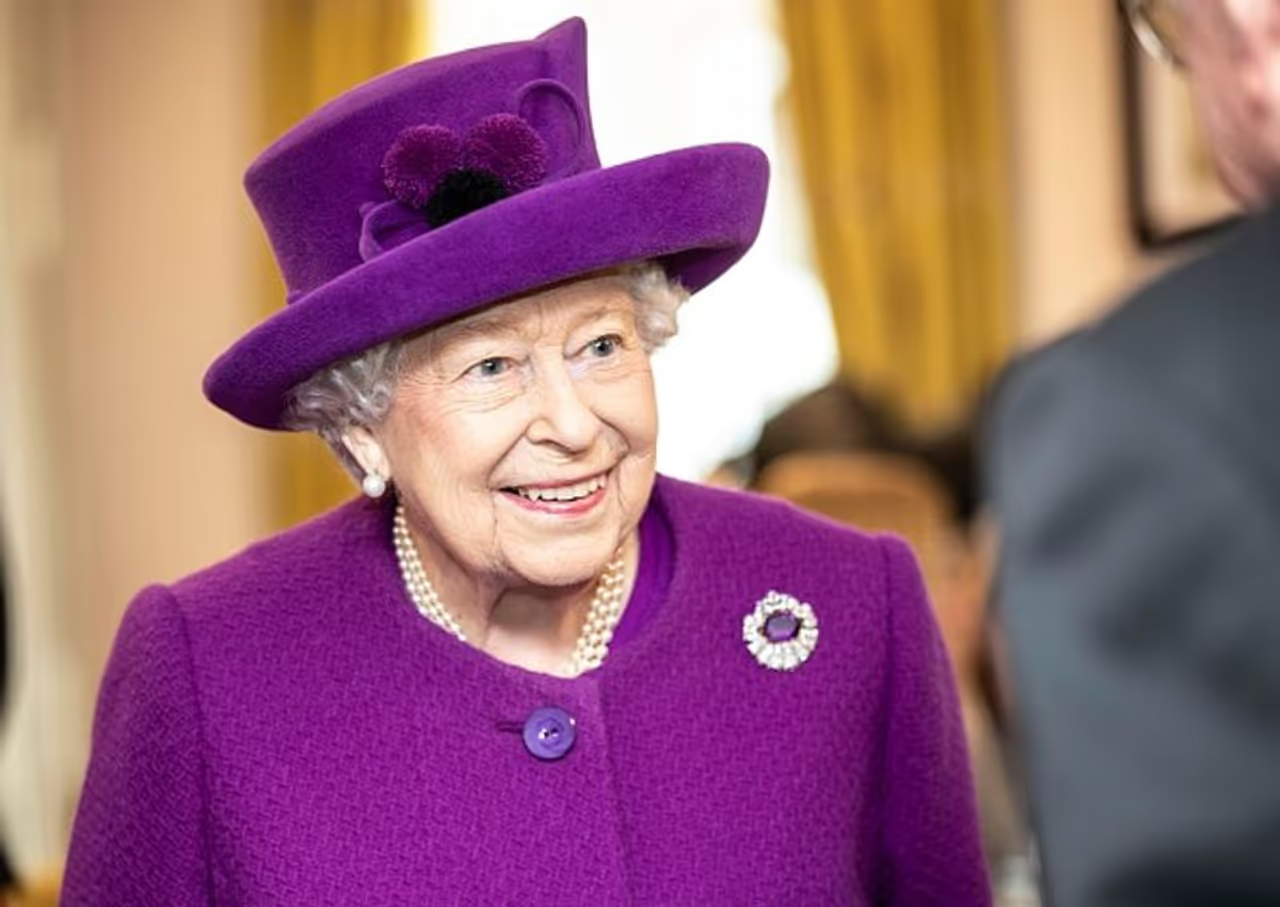'Operation Unicorn': Here's what will happen after Queen Elizabeth II's demise
In recent months, the Queen appeared visibly frail and had a series of withdrawals from public engagements. She passed away at the age of 96. Buckingham Palace has long had elaborate and extensive plans in place for what happens in the immediate aftermath of the Queen’s death.

Queen Elizabeth II, Britain's longest-serving monarch, passed away at Balmoral on Thursday. She was 96 years old. At 73, Charles, Prince of Wales, the eldest of her four children, becomes king immediately. There are strict protocols in place as to what happens in the event that Queen Elizabeth II dies at Balmoral Castle.
Due to her health issues since October of last year, she was being treated in her Scottish Highlands retreat as recommended by her physicians. She travelled there for a summer vacation. All of her children—including Prince Charles, the heir apparent and oldest son—arrived in Scotland on Thursday to be with her, as did her grandchildren Prince William and Prince Harry.
Also Read | Queen Elizabeth II, UK's longest-serving monarch, passes away; Charles succeeds as King immediately

There are several actions to be performed if the Queen passes away and in the days that follow, according to a report released by British news source WiltshireTimes. These actions range from a radio broadcast notice for the media to a now-leaked "Operation London Bridge" describing the funeral. In September last year, leaked documents revealed for the first time the extent of the massive “operation" that will be launched in the hours and days after Elizabeth’s death — which will be referred to as “D-Day".
Operation Unicorn, a contingency plan, is always in place in case the queen passes away in Scotland. When she is residing in London, it is known as Operation London Bridge, and when she is in Scotland, it is known as Operation Unicorn.
Here's what will happen after Queen Elizabeth II's demise:
- The Scottish Parliament's operations will be immediately suspended as part of Operation Unicorn to allow for the preparation of a state funeral by the authorities.
- It is anticipated that if Her Majesty passes away in Scotland, media and the general people will focus mostly on Parliament, the nearby palace of Holyroodhouse, and St. Giles' Cathedral.
- Following the official's pronouncement of the queen's passing, the Press Association and the BBC will receive a radio alert transmission, or "RATS," informing the media of the news.
- It will also mean her body could rest at Holyroodhouse, with her coffin then carried to the cathedral on the Royal Mile. Her body will then be placed on the Royal Train at Waverley station and a journey down the east coast mainline will commence, finishing in London.
- To commemorate the queen's passing, a sign will be posted outside Buckingham Palace.
- The day of the funeral and Prince Charles's coronation as king will both be recognised as national holidays.
- Roads around Holyrood will be closed. A book of condolence will be opened.
- The UK will enter a 10-day period of national mourning before a state funeral is then held for the Queen.
"The Queen died peacefully at Balmoral this afternoon. The King and The Queen Consort will remain at Balmoral this evening and will return to London tomorrow," the Royal Family tweeted.
Her close family rushed to her bedside as doctors grew “concerned” about her health on Thursday, Buckingham Palace said. Her grandson and his wife, Harry and Meghan Markle - who had a public showdown with the Palace, flew in from Canada.
Also Read | Queen Elizabeth II passes away: PM Modi recalls moment she showed him handkerchief gifted by Gandhi
Check the Breaking News Today and Latest News from across India and around the world. Stay updated with the latest World News and global developments from politics to economy and current affairs. Get in-depth coverage of China News, Europe News, Pakistan News, and South Asia News, along with top headlines from the UK and US. Follow expert analysis, international trends, and breaking updates from around the globe. Download the Asianet News Official App from the Android Play Store and iPhone App Store for accurate and timely news updates anytime, anywhere.